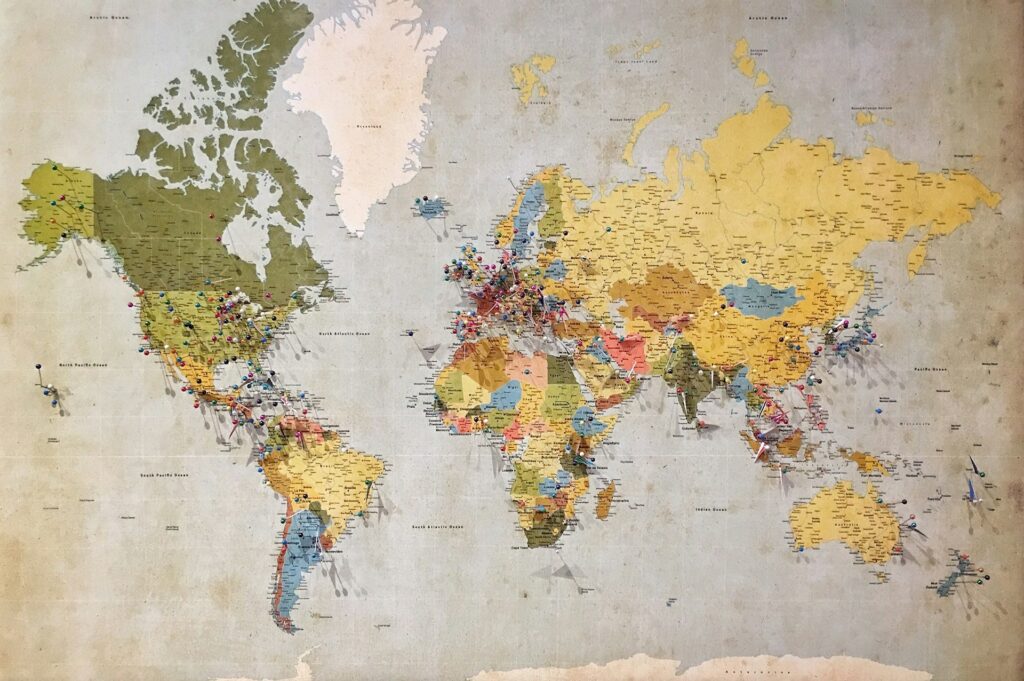The division of the world economy into Western and Eastern blocs poses many dangers
The global economic split into Western and Eastern blocs could cause damage on a scale that would exceed the economic impact of the 2008 global financial crisis and the pandemic. According to joint research by the World Economic Forum and the American management consulting firm Oliver Wyman, a complete separation would cause losses of $5.7 trillion, or about 5 percent of annual global GDP.

The harmful effects of the “decoupling” they describe would hit developing and emerging economies particularly hard. The GDP of India, Brazil, Latin America and Southeast Asia could fall by up to 10 percent if these countries had to choose between Western and Eastern blocs. This could force them to seek financing outside traditional international frameworks, further increasing the fragmentation of the global economy.
The report says that a more fragmented global financial environment makes it more expensive to do business. In more sensitive sectors, companies may shift from efficient “just-in-time” production strategies to more flexible but costly “just-in-case” methods to ensure the stability of their supply chains. In addition, geopolitical tensions are increasing political uncertainty, which hinders long-term strategic planning.
The report also points out that corporate credit ratings may be downgraded and some companies may no longer have access to certain markets due to sanctions or export controls.
However, the report also outlines defensive options that can reduce the harmful effects of economic fragmentation. These include strengthening international institutions and building parallel financial infrastructures that can help financial intermediation even in the face of fragmentation. These measures would support the energy and digital transitions, addressing population ageing, and infrastructure investment.
The fragmentation of the global economy poses serious challenges, especially for developing countries. However, international cooperation and appropriate financial measures can help mitigate the damage and contribute to maintaining economic stability.
Related news
GDP growth in OECD member countries slowed to 0.3 percent in the last quarter of last year
🎧 Hallgasd a cikket: Lejátszás Szünet Folytatás Leállítás Nyelv: Auto…
Read more >Related news
Festival buzz at the 60th anniversary EuroShop trade fair
🎧 Hallgasd a cikket: Lejátszás Szünet Folytatás Leállítás Nyelv: Auto…
Read more >No matter how much you save, food and gadgets always take the money
🎧 Hallgasd a cikket: Lejátszás Szünet Folytatás Leállítás Nyelv: Auto…
Read more >Historic price reduction at ALDI
🎧 Hallgasd a cikket: Lejátszás Szünet Folytatás Leállítás Nyelv: Auto…
Read more >








